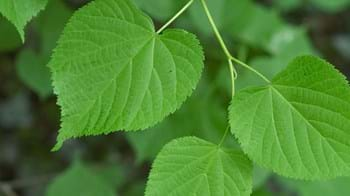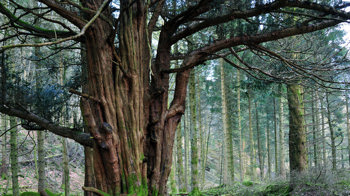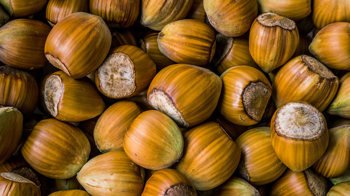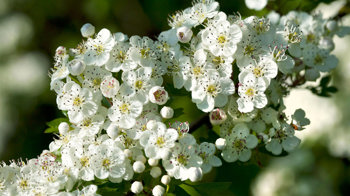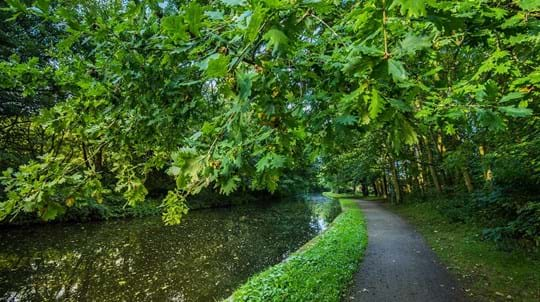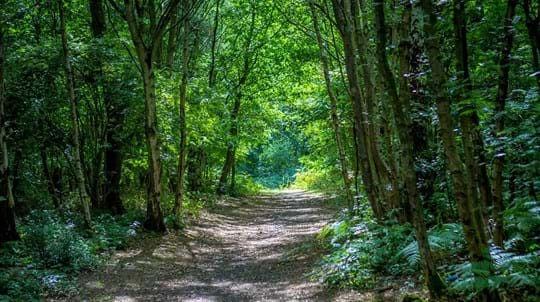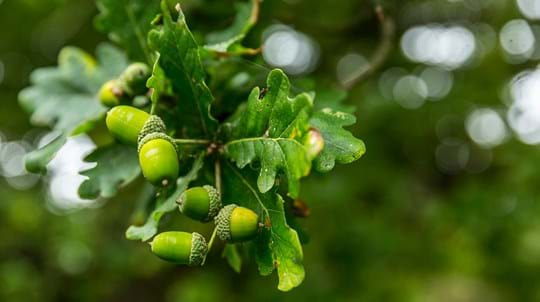
Big Wood, Runcorn
Runcorn

Woodland Trust wood
9.24 ha (22.83 acres)
SJ551830
Explorer 276
OS Landranger 108
Big Wood is designated as a Local Wildlife Site as well as one of the Guardian’s 10 best woods for spring flowers. With an eclectic mix of broadleaf and exotic tree species, a wealth of wildlife and a rich and varied history, it is a great place to visit.
Features
- Parking nearby
- Public access
- Spring flowers
How to get to Big Wood
Big Wood sits between the Bridgewater Canal and Daresbury Expressway on the north-east edge of Runcorn in Cheshire.
It lies next to the historic site of Norton Priory and is surrounded by an urban landscape of business parks, housing estates and open spaces, including other Woodland Trust sites: Windmill Hill Wood, Fountains Wood and Haddocks Wood.
From Runcorn, head east along the A533. Take the exit towards Windmill Hill and then, at the roundabout, take the second exit onto Tudor Road. Park at the far end of Tudor Road. Big Wood is a three minute walk from here. Cross over the road bridge heading towards Norton Priory museum and then turn left and walk along the cycleway that leads to Big Wood.
The nearest train stations are Runcorn East, 3.2km (2 miles) from the wood, and Runcorn, 6.4km (4 miles) from the wood.
Visit National Rail for more information.
The nearest bus stop is on the bus route adjacent to Windmill Hill Avenue West. It is a 15-minute walk from the bus stop into the northern end of Windmill Hill Wood.
Visit Traveline for more information.
Facilities and access
The easiest way to access Big Wood is via the car park for Norton Priory Museum, which is at the end of Tudor Road, off Manor Park Avenue. The other main access point is by the canal bridge over the Bridgewater canal on Sandymoor Lane. Both of these entrances have disabled access (RADAR) kissing gates.
There are also two pedestrian squeeze access points on the eastern boundary, across the ha-ha wall (sunken stone wall that forms a boundary without spoiling the view) and ditch from the council-owned open space.
The wood has 1.2km (0.7 miles) of paths, including a circular surfaced footpath which links to both of the main access points and is predominantly level and suitable for wheelchairs and buggies.
Park at the far end of Tudor Road and walk across the road bridge towards Norton Priory Museum to get to Big Wood.
If you are visiting Norton Priory Museum you can use their car park.
The nearest toilets are at Norton Priory Museum and Walled Garden and are available to visitors to the museum and café.
Wildlife and habitats
Animals
Designated a Local Wildlife Site, Big Wood is roamed by foxes and grey squirrels. There’s plenty of birdlife too. Look up and you may see a buzzard wheeling high overhead, or catch sight of an owl as dusk descends.
Trees, plants and fungi
Famed for its glorious spring flora, Big Wood also has a rich mix of broadleaf tree species and exotic specimens. It contains a significant number of veteran trees, including Turkey and English oak, horse chestnut and yew.
Habitats
A diverse mix of broadleaf species, conifer trees and areas of wet woodland, there are lots of habitats to be found in Big Wood.
About Big Wood
History
Between the early 12th century and the dissolution of the monasteries in 1536, the site was owned by the Augustinian monastery of Norton Priory. Soon after, it became part of the Brooke family estate.
During the 1730s, the Brooke family began creating a recreational woodland by planting a mix of broadleaved trees and exotic species, as well as installing footpaths, ponds and a network of drainage ditches. The house was abandoned in 1921, leaving the wood to become overgrown. Many of its historical features are still visible today, like a backfilled moat and ha-ha wall.

Credit: Amanda Cogan Barber / WTML
Restoration
In the 1970s, the construction of the A558 Runcorn Expressway cut the site in half. Much of the surrounding land was developed for Manor Park Business Park and new housing estates across the canal at Windmill Hill.
The wood was given to the Woodland Trust in 1995. Since then, we have worked to return Big Wood to its former glory by restoring ponds and ditches, coppicing trees to allow light to reach the woodland floor, and removing invasive rhododendrons.
In 2001, we began a restoration programme, paid for by the Heritage Lottery Fund and involving volunteers from Astmoor Day Services and The Conservation Volunteers. We de-silted the pond, ditches, silt traps, weirs and culverts and cleared over two hectares of rhododendron. In 2010, chemical company INEOS Chlor funded a project to improve access by resurfacing footpaths and installing kissing gates.
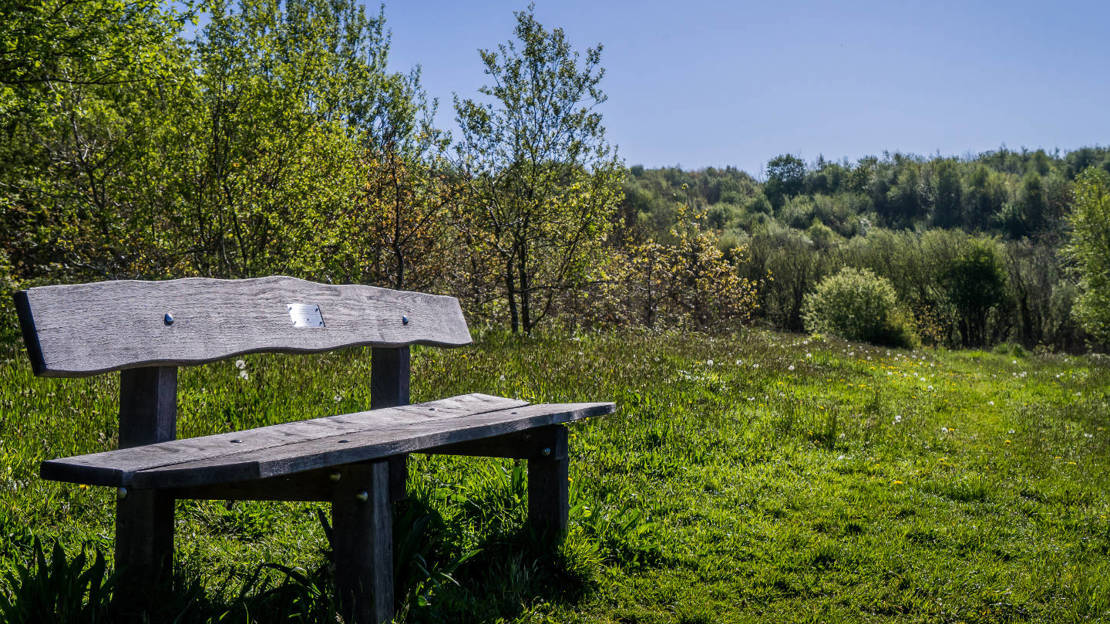
Dedicate at this wood
This wood is one of more than 50 across the UK where it's possible to dedicate trees, benches or larger areas of woodland. Mark a special occasion or celebrate the life of a loved one with a meaningful gesture that lasts.
Choose a dedicationThings to do at Big Wood
Walking
Why not enjoy a walk around Big Wood? With a mostly flat, well-surfaced path, an amble around the wood takes around 30 minutes and allows you to take in all the wonderful sights and sounds the wood has to offer.






















